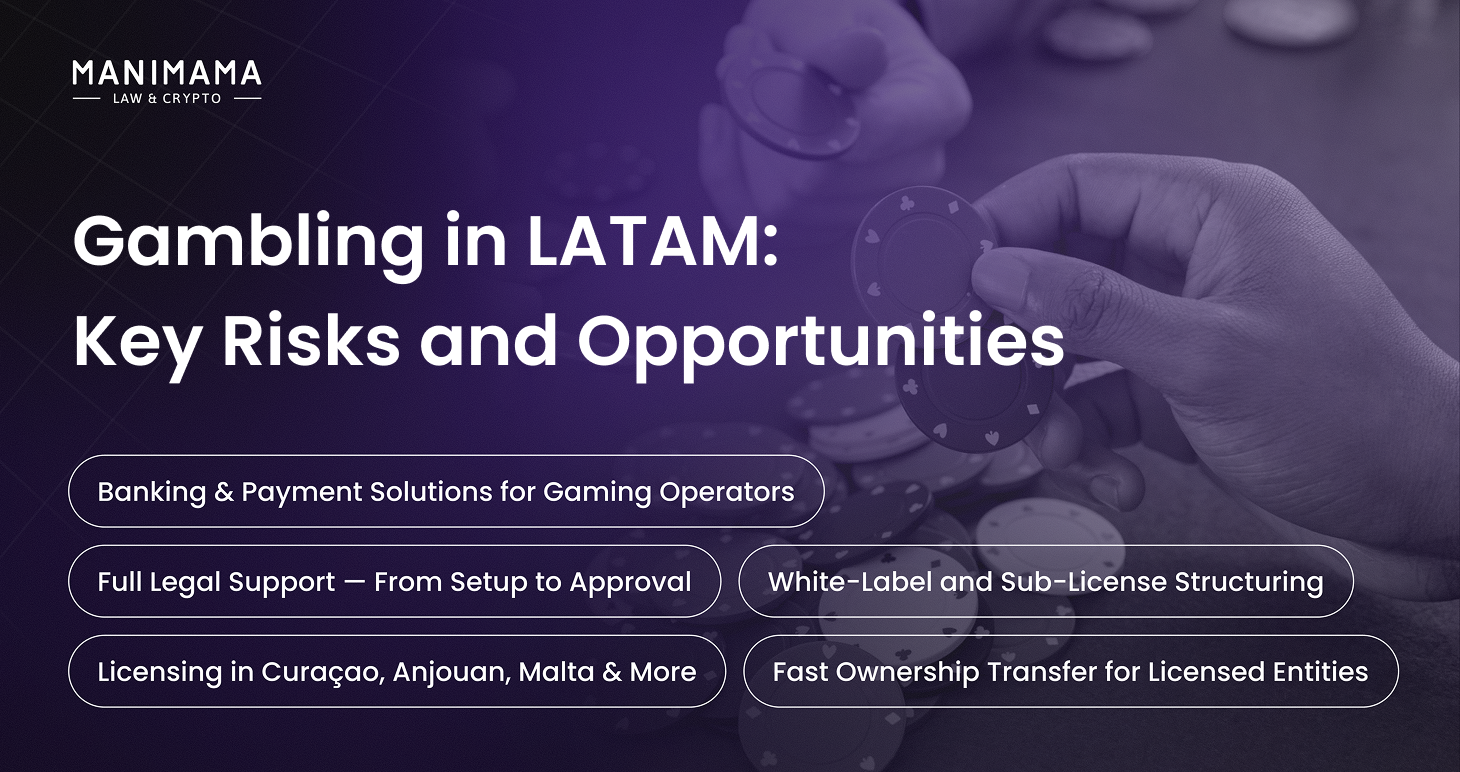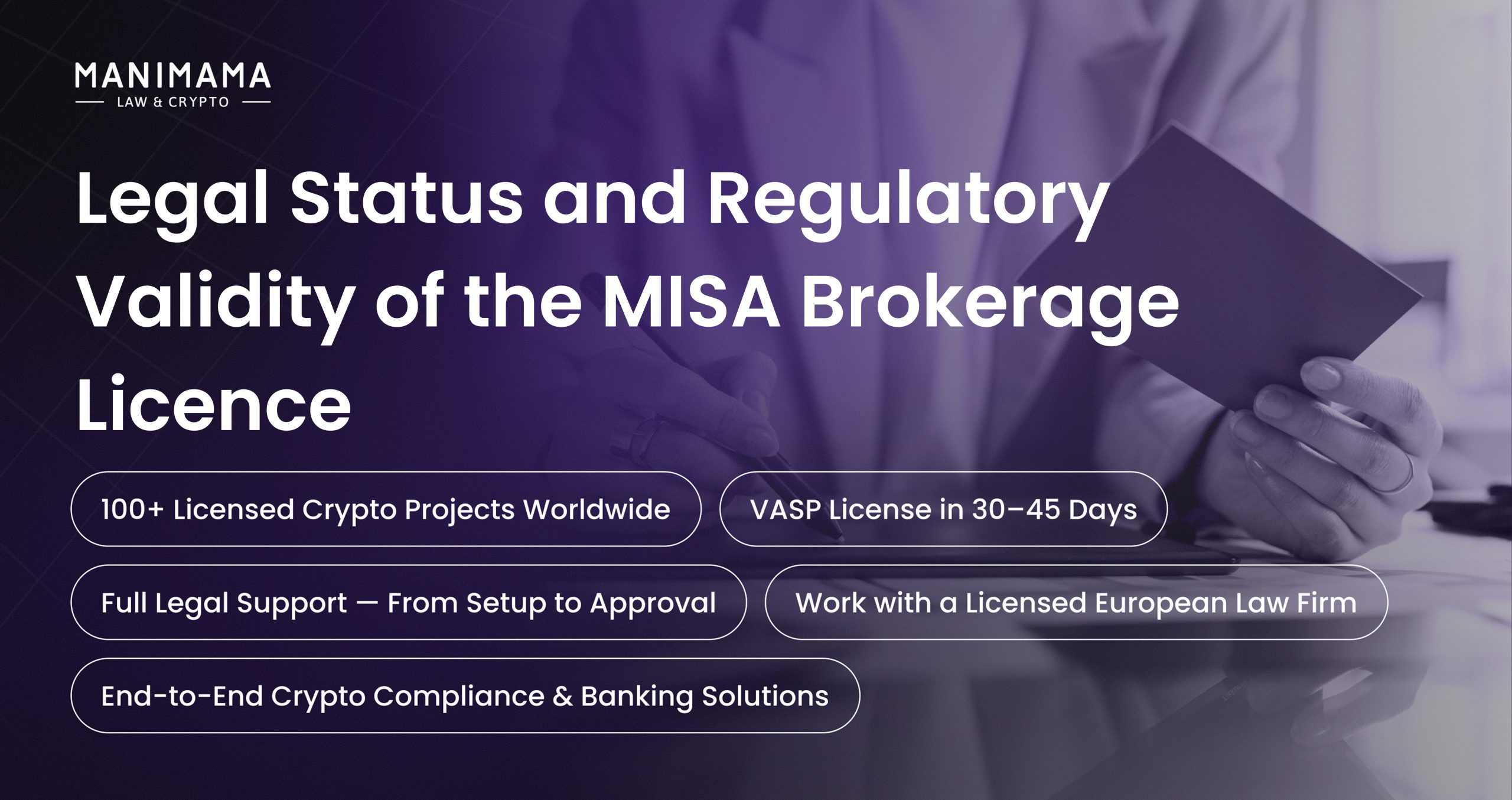Latin America (LATAM) is rapidly emerging as one of the fastest-growing regions for iGaming and online gambling globally. With accelerating internet connectivity, rising smartphone penetration, and strong interest in sports betting and casino gaming, the market holds immense growth potential. Yet these opportunities are accompanied by important risks that operators, investors, and affiliates must carefully consider.
This article explores:
- The current status of legalization and iGaming regulations in key markets such as Brazil, Argentina, Mexico, and Colombia
- The main risks for operators and players
- Actionable strategies to capture growth and manage risk
- Answers to the key questions: What are the risks associated with gambling? And what are five risk factors of gambling?
Market Overview and Regulatory Landscape
Brazil
- Is gambling legal in Brazil?
Brazil is in the middle of major regulatory change. Law No. 14.790/2023 legalized fixed-odds sports betting, including online, but online casino gaming still lacks a final regulatory framework. - Brazil gambling license / Brazil gambling
Sports betting operators must obtain a local license, register a Brazilian legal entity, follow strict KYC/AML procedures, and comply with responsible gambling standards. Taxes on gross gaming revenue (GGR) are relatively high, and advertising rules are tightly controlled.
Argentina
- Gambling Argentina / Argentina online gambling license / iGaming regulations in Argentina
Argentina regulates gambling at the provincial level. Some provinces allow and license online casinos and sports betting, while others restrict them. Buenos Aires is currently the most active jurisdiction. - Each province sets its own licensing fees, tax rates, and compliance rules. Operators need to adapt to a patchwork of local laws that cover payment methods, AML, and player protection.
Mexico
- Is gambling legal in Mexico / iGaming regulations in Mexico
Yes, but federal and state frameworks overlap. The Federal Games and Raffles Law provides the national baseline, while states may introduce additional rules. Online gambling is permitted, but not all digital formats are fully defined. - Operators often partner with local land-based license holders to enter the market. Advertising is regulated, and age restrictions are strictly enforced.
Colombia
- iGaming Colombia / gambling in Colombia / gambling Colombia
Colombia stands as the most advanced regulated iGaming market in LATAM, where Coljuegos supervises online sports betting, casino games, and poker with strict licensing, AML, and player-protection requirements. - The country is often seen as a reference point for other LATAM jurisdictions aiming to introduce and enforce online gambling regulations.
Key Opportunities in LATAM iGaming
- Rapid Digital Growth
Rising internet penetration and smartphone usage create a large audience eager for online entertainment. - Untapped Segments
Online casinos, live dealer games, esports betting, and virtual sports remain underdeveloped in many countries, especially Brazil and parts of Argentina and Mexico. - LATAM Gambling Affiliation
Affiliate marketing offers a powerful path to customer acquisition. Local partners, review sites, and influencers can deliver traffic at lower entry costs and higher levels of trust. - Regulatory Momentum
With more countries adopting licensing frameworks, the market becomes increasingly secure for investors and more appealing to payment providers. - Sports-Driven Demand
Football, basketball, and other sports create strong demand for legal sports betting, especially as legislation opens doors to online platforms. - Localization Advantage
Operators who provide local languages (Spanish, Portuguese), local currencies, and region-specific payment methods gain a clear competitive edge.
Core Risks to Consider
General Gambling Risks
Evaluating the risks of gambling requires considering both player and operator perspectives.
The main threats include:
- Financial losses – players can wager beyond their means.
- Gambling addiction and compulsive behavior – potential mental health challenges and problem gambling.
- Social impact – strain on family relationships, employment problems, and isolation.
- Legal exposure – running operations without proper licensing or providing services in restricted jurisdictions.
- Fraud and data security – inadequate KYC controls or poor cybersecurity protections.
Five Risk Factors of Gambling
When considering “What are five risk factors of gambling?”, the most significant are:
- Absence of effective spending controls or betting limits
- Playing through unlicensed or grey-market operators
- Insufficient transparency or dishonest practices (such as hidden costs or delayed payments)
- Susceptibility to financial instability and currency volatility
- Poor operator credibility or inadequate safeguarding of player information
LATAM-Specific Challenges
| Regulatory Fragmentation | Different rules across provinces, states, and countries create legal uncertainty. | For example, Argentina’s provinces each set their own iGaming regulations, and Brazil still finalizes online casino laws. |
| High Tax Burden | Elevated GGR taxes and licensing fees reduce operator margins. | Brazil’s sports betting tax and provincial taxes in Argentina can significantly affect profitability. |
| Payment Barriers | Limited access to international processors, strict AML checks, and local banking restrictions. | Delayed payouts and higher transaction costs frustrate players and affiliates. |
| Advertising Restrictions | Rules on age limits, sponsorships, and responsible-gaming messaging. | Violations may trigger fines or license suspension. |
| Grey Market Competition | Unlicensed operators attract players with lower prices and fewer compliance costs. | Legal operators must invest more in trust, security, and marketing to compete. |
| Economic Volatility | Inflation, currency swings, and capital controls affect both deposits and withdrawals. | Operators need strong treasury management and hedging strategies. |
Strategies for Success
To capture LATAM iGaming growth while mitigating risks, operators should:
- Secure Proper Licensing
Apply for a Brazil gambling license where sports betting is regulated, or provincial licenses in Argentina.
Enter Colombia as a fully regulated market to build credibility. - Invest in Responsible Gaming
Offer self-exclusion options, deposit limits, and clear responsible gaming messages to protect players and comply with local regulatory requirements. - Localize Payments and UX
Offer localized payment options (Pix in Brazil, domestic bank transfers in Mexico, e-wallets in Argentina) along with user interfaces in Spanish and Portuguese. - Partner with Local Affiliates
Build a strong network of LATAM gambling affiliates to boost marketing reach, grow the customer base, and gain key cultural insights. - Monitor Legal Changes
Work closely with legal advisors to stay ahead of evolving iGaming regulations in Brazil, Argentina, Mexico, and Colombia. - Strengthen Security
Deploy robust KYC, AML, and cybersecurity protocols to safeguard player data and minimize fraud risks.
Competitive Insights
Analysis of leading industry publications (SoftSwiss, Altenar, Paysafe, iGamingBusiness) highlights several best practices:
- Incorporating real market data such as revenue projections, ARPU, and player growth.
- Providing country-by-country comparisons to showcase tax rates, licensing expenses, and compliance challenges.
- Presenting case studies of operators that have successfully entered LATAM markets, detailing their marketing tactics and regulatory approaches.
- Offering clear explanations of cultural nuances that shape player behavior and build brand trust.
Including these elements helps differentiate content and establish an operator or affiliate as a recognized thought leader.
Additional Factors Often Overlooked
To stand out in a competitive search landscape, include:
- License costs and timelines — indicative fees and average approval periods for Brazil, Colombia, and major Argentine provinces.
- Tax structures — typical GGR rates, renewal charges, and post-tax profitability.
- Economic indicators — inflation, currency stability, and how they affect deposits and withdrawals.
- Social responsibility — governmental requirements for responsible gaming programs and player protection.
- Enforcement examples — notable fines or closures imposed on non-compliant operators.
Key Takeaways
The LATAM iGaming market offers significant scale and momentum. Brazil (sports betting), Colombia (regulated iGaming), Argentina, and Mexico are opening to operators and affiliates ready to manage complex regulations.
- Key opportunities include rapid mobile growth, supportive demographics, and strategic affiliate partnerships that expedite market entry.
- Main risks are high taxes, fragmented regulations, payment barriers, and robust grey-market competition.
Operators who secure licenses, ensure compliance, and localize offerings can succeed as LATAM evolves into a leading iGaming region.
Our Contacts
If you want to become our client or partner, feel free to contact us at support@manimama.eu.
Or use our telegram @ManimamaBot and we will respond to your inquiry.
We also invite you to visit our website: https://manimama.eu/
Join our Telegram to receive news in a convenient way: Manimama Legal Channel.
The content of this article is intended to provide a general guide to the subject matter, not to be considered as a legal consultation.











